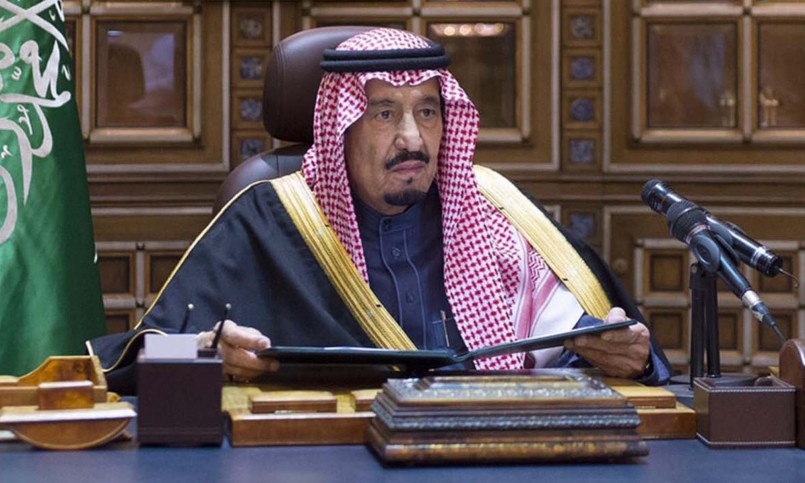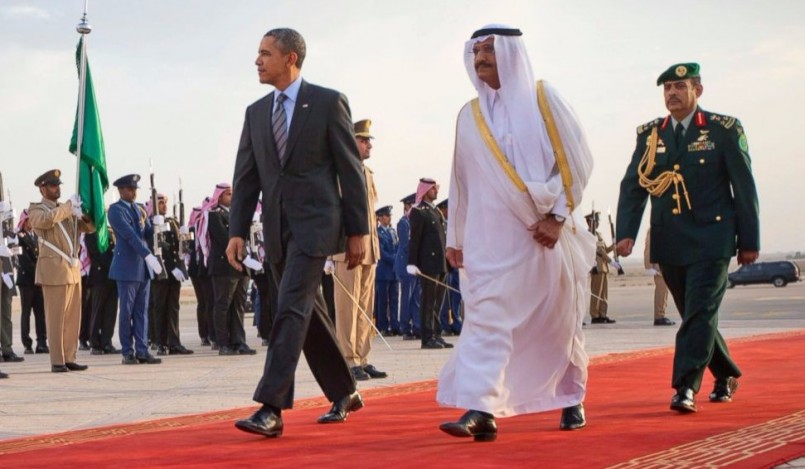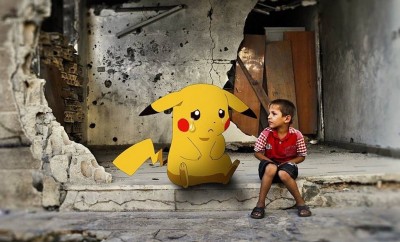Asia
How Saudi Arabia could (but won’t) help end the refugee crisis

Photo: www.theguardian.com – Saudi King Salman
The Islamic State, a radical terrorist group that has laid waste to much of the Middle East throughout the past few years, has caused almost 4 million refugees to seek asylum away their home countries of Syria and Iraq, with another 13.5 million still needing to be registered.
While some of that 4 million has found homes in Europe, the United States, and middle-eastern countries like Lebanon and Jordan, the wealthiest and most powerful of the Arab nations, namely Saudi Arabia, seems to be capable of taking in much higher numbers than they currently do. With massive amounts of resources, a large military presence, a near-homogeneous Islamic culture, and close proximity to the affected region, Saudi Arabia is perfectly positioned to help guide the war-torn people of Iraq and Syria into a safe and stable temporary existence.
Number of total refugees in each country
- United States: ~260,000
- United Kingdom: ~117,000
- Germany: ~217,000
- France: ~252,000
- Greece: ~7,300
- Turkey: 1,615,000
- Saudi Arabia: 534
(The UNHCR – The UN Refugee Agency)
As you can see above, the relatively small number of refugees that have been welcomed into Saudi Arabia is concerning. As a world power in very close proximity to some of the most brutal and atrocious conflicts imaginable, the Saudi kingdom seems to be falling behind in terms of assistance.
What could Saudi Arabia do to help?
![mina-tent-city-10[6]](http://www.outwardon.com/wp-content/uploads/2016/05/mina-tent-city-106.jpg)
Photo: www.amusingplanet.com – Mina, Saudi Arabia
Mina
Let’s start with Mina. A city that regularly houses hundreds of thousands of people a year who are on the Hajj, a religious pilgrimage to the city of Mecca, Mina is already equipped to handle large numbers of people who don’t usually live in the country. With more than 100,000 air-conditioned tents that can each accommodate up to three adults, Mina is an obvious choice for a resettlement community. Throughout most of the year, the tents remain empty and only fill up around the fall months, which is when the Hajj is traditionally made.
Saudi Arabia claims that since these tents are used specifically for pilgrims to the Hajj, they are not willing to give these important spaces to refugees unless they could be guaranteed of a timeline that detailed when and how they would be relocated before the pilgrimage. This year’s Hajj falls on September 11th.
Monetary Assistance
As a country with a GDP of almost $750 billion dollars, Saudi Arabia is a nation with more than enough money to be able to spread it around, especially to those in life or death situations. As one of the only major international powers who has not signed the UN Accords on Human Refugees, Saudi Arabia has no binding obligation to help provide a standard of living to anyone other than its own citizens. Short of actually hosting some of the refugees in their own country, Saudi Arabia could assist the cause immensely by sending more humanitarian aid (food, water, portable shelter, etc.) to organizations like the UN. If anything, they could simply write a check and let the more involved nation-states do the rest.
Military Intervention
Saudi Arabia is one of the most powerful military nations in the world. From modern-day smart bombs and tanks to millions and millions of enlisted and able-bodied servicemen, the Saudis are anything but helpless in the face of the Islamic State or other military threats.
By marching into the war-torn areas of Iraq and Syria, Saudi Arabia could pose a serious threat to the extremist groups that have taken hold in the aftermath of the Iraq War and the Syrian Civil War. Plus, by being a majority Muslim country, the Saudi kingdom could have an easier time getting intelligence and assistance from local Muslims that oppose the Islamic State.
Why isn’t Saudi Arabia helping?

Photo: www.abcnews.com – Saudi Arabia and the United States
There are a few theories as to why the Saudi kingdom wouldn’t help the refugees of the crisis surrounding the Islamic State:
- Religious agreement with ISIS: While Saudi Arabia hasn’t done much to help the refugees of this region, they have pledged almost $60 million to the UN group that is helping relocate Palestinian refugees from the Gaza Strip and the West Bank. While Saudi Arabia has publicly condemned ISIS, there is no doubt that the Wahabbist sect of Islam that the Saudi kingdom propogates is similar to the extremist view of the Islamic State. Palestine, on the other hand is facing a group that the Saudi government has no love for—Israel.
- Appeasement: Much like Britain did with Hitler, some believe that Saudi Arabia is allowing the Islamic State to grow and envelop the Middle East in the hopes that it will leave them out of their “fight against the West.” Although their ideologies are similar, the Wahabbists in Saudi Arabia should know that part of what ISIS wants is to conquer the most holy sites in the Islamic world, including Mecca and Medina, both located within Saudi Arabia.
- They simply don’t want to: As sad as it might be, this could be the most likely answer. Saudi Arabia has shown time and time again that they are not particularly concerned with civil rights and/or humanitarian causes. With a legal system that is extremely prejudicial against homosexuals, women, and religious dissenters, Saudi Arabia could be seen as the model of what the Islamic State wants to one day be. A powerful and wealthy Islamic nation with a strict code of religious adherence tied into its culture.
As a nation-state with a huge role in how the world’s economy (and by default, its conflicts) function, Saudi Arabia is not doing all that it can to help relocate and rehabilitate refugees from the Middle East. Whether that is due to negligence or intent can only be decided by the Saudis themselves.





0 comments